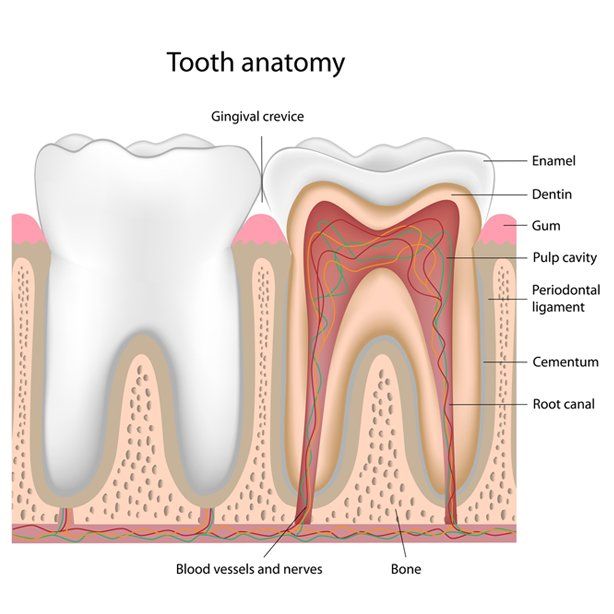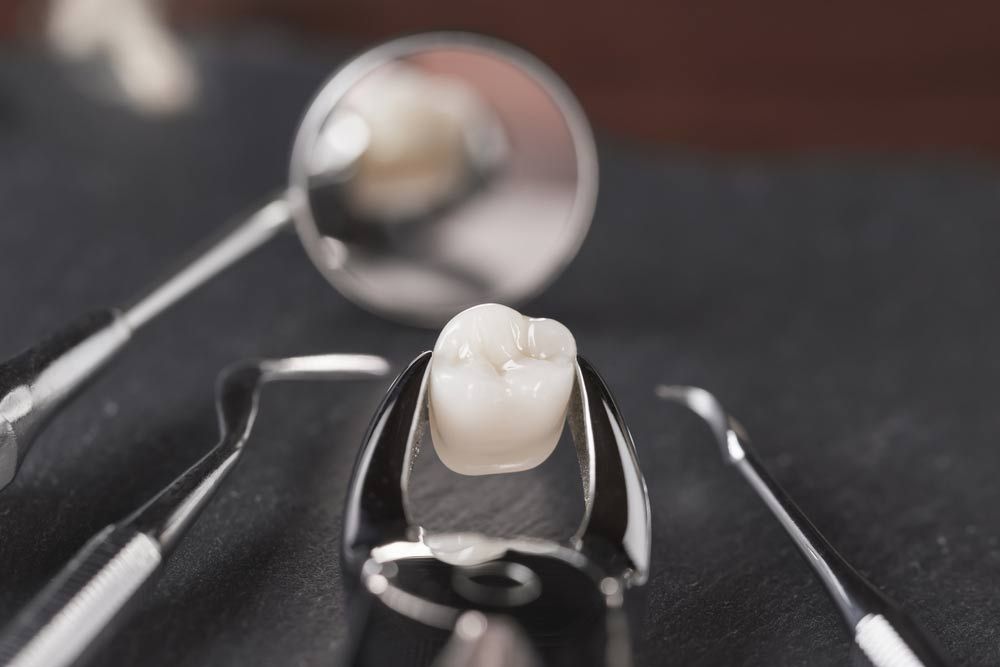“What is an Apicoectomy? Is it surgery? Is it painful? And why do I have to have one?” In our practice, we hear these question almost every day, so we thought we’d take a moment here to clarify what an apicoectomy actually is.
Word Origin:
To better explain what an apicoectomy is, let’s look first at the origin of the word. As is true with most medical terminology, the key to understanding this procedure lies within the origins of the word itself.
Your teeth are comprised of many parts, the main three being the crown (the part that you can see), the root canals (the long skinny parts that extend from the crown into the jaw) and the root tip, also called the “apex”, which comes from the Latin word meaning “tip” or “point”.
When a patient complains of infection or pain in a tooth that previously had root canal treatment, often it is because there is a problem in the apex area. So, during an “apicoectomy”, we remove (“ectomy”, from the Latin word excise) the apex (“apico”) along with any additional infected tissue that we find.
The Procedure:
Usually, local anesthesia is all we need to make you comfortable during the procedure, which takes about 30-90 minutes to complete. In fact, many patients have reported that the apicoectomy was even less painful than the original root canal treatment!
Recovery:
You may be sore or numb for a few days after the procedure, but usually over-the-counter anti-inflammatory drugs (NSAIDs) such as ibuprofen are all that is needed to control the pain. We will remove the stitches 2-7 days after the procedure, and most soreness and swelling will be gone by 14 days.
If you have any questions about apicoectomies or other procedures, please don’t hesitate to contact our office for more information!




